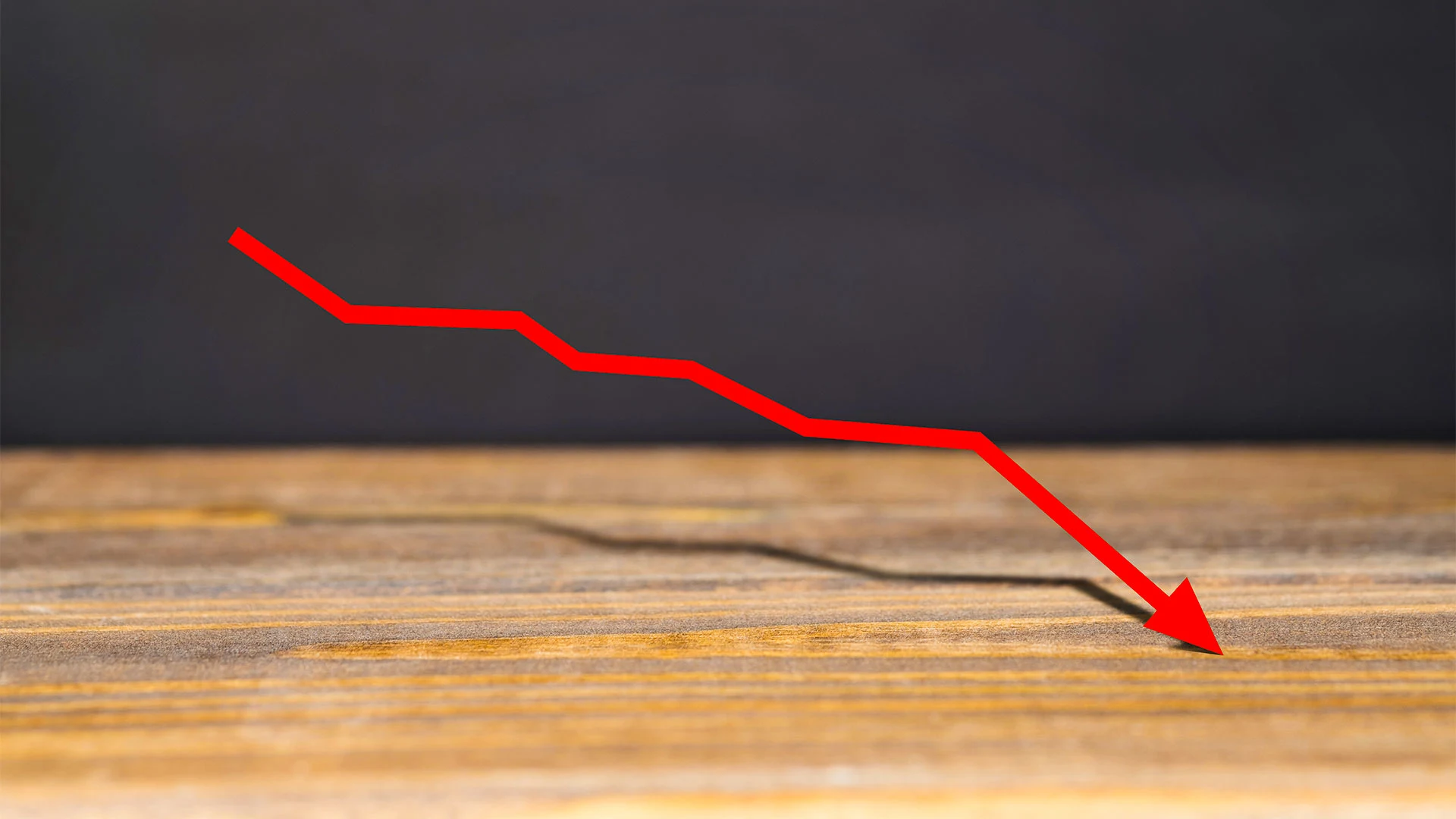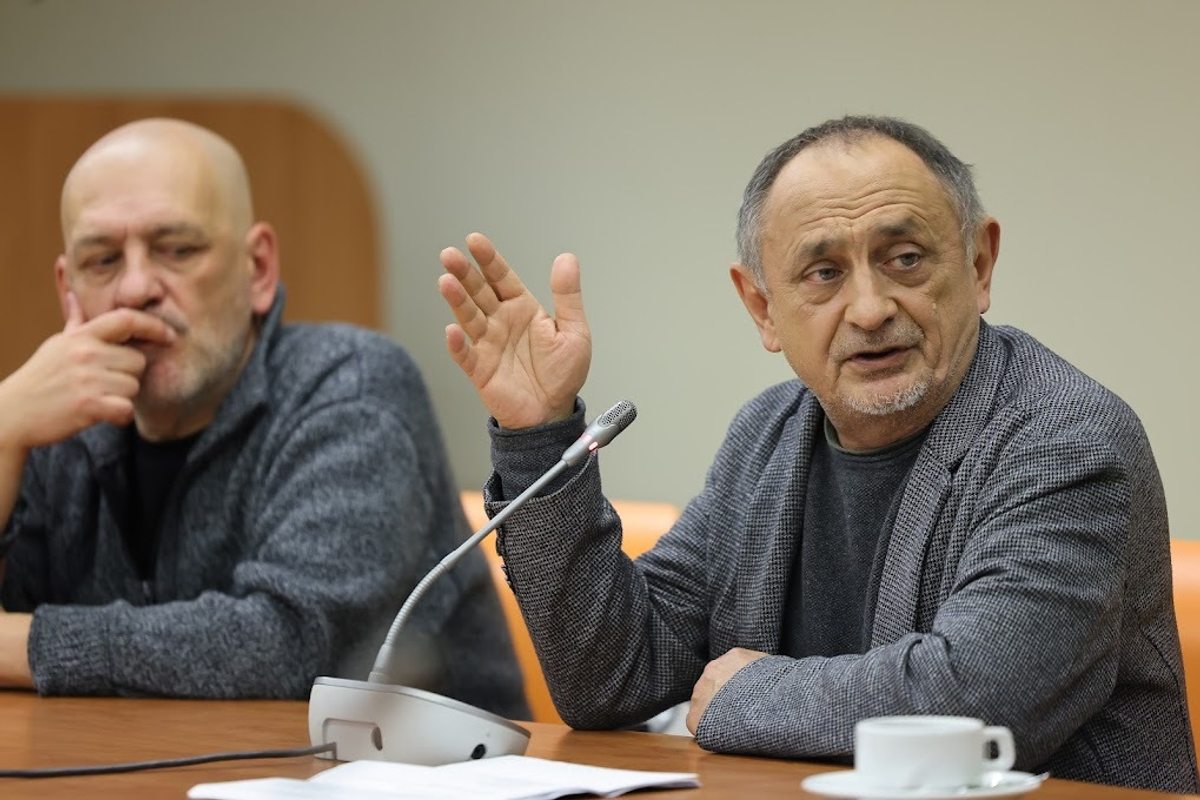
By Treasure Mackley / For The Herald
Like parents across Washington, I’m excited for the school year and the new learning, activities, and friendships it will bring for my kiddo.
But as the leader of an organization that advocates for a fairer tax code so we can invest in things we need like schools, I’m worried. I know that legislators made cuts to early learning programs and higher education during the last legislative session.
In case you missed it, here are some of the hits that education took in the last budget cycle:
• Cut $750 million in child care for low-income families, which will make it difficult for thousands of families to afford care;
• Took $350 million away from Early Childhood Education and Assistance Program (ECEAP), a free preschool for low-income families;
• Sliced funding for a diaper bank program in half ($5 million out of their budget);
• Cut funding for four-year institutions and community and technical colleges by 1.5 percent;
• Reduced community college financial aid by $11 million.
While lawmakers preserved K-12 funding and even increased some special education funding, we still underfund K–12 education by about $4 billion per year, according to the Office of Superintendent of Public Instruction. K-12 education funding — the paramount duty of our state — accounts for 43.2 percent of the state budget, the lowest since the state Supreme Court handed down the McCleary decision, a mandate to fix public education funding.
On top of state funding challenges, the federal Department of Education withheld $137 million for Washington schools for months. While they recently released the money, the president and some members of Congress are still threatening to eliminate the Department of Education.
It’s no surprise that schools across the state are struggling to keep up with cuts and uncertainty and how to manage long-term effects.
As any parent who has shopped for school supplies this year understands, the cost of binders, backpacks and everything in between is going up. Unfortunately, the same is true for state services. My colleagues and I explained in another column how the revenue the state brings in through streams like sales tax, property tax, and business and occupation (B&O) tax, just isn’t keeping up with the needs of the people who live here and the costs of providing essential services.
Legislators continue to wrestle with the structural problems of the state budget. Last session, they took a more piecemeal approach, enacting modest reforms of the tax code, helping to minimize budget cuts, but falling short of the herculean task of modernizing our upside-down tax code.
By now you’ve heard that Congress passed a tax and spending bill in July. In it they give away $1.1 trillion to the rich in tax cuts and paid for them by cutting health care and other services. All together, the wealthiest 5 percent of Washingtonians — those making more than $447,400 annually — will get more than $7 billion in tax breaks.
Meanwhile, Washington is set to lose about $41 billion over 10 years in Medicaid funding, with up to 328,000 Washingtonians losing coverage. Additionally, the state could lose hundreds of millions of dollars in SNAP funding and be forced to fill those gaps, with 517,000 Washingtonians at risk of losing food assistance. What’s more, 14 rural hospitals are at risk of closing, along with grocery stores.
Put simply: The cost of our lawmakers doing nothing will mean thousands of people in Washington will suffer.
Our elected leaders must have the courage to overhaul our tax code during the next session in 2026.
For too long, it’s been rigged to benefit the super rich and big corporations. As recently as this spring, tech executives and their lobbyists turned up the heat at the state Capitol, putting pressure on lawmakers to stand down from reasonable proposals and even threatening referendums.
But I know from conversations with everyday people and messages from some of the 130,000 activists of Invest in Washington Now that it’s time for change.
Workers — not corporations or the wealthy — are the drivers of the economy. When people have what we need to work, take care of our families, and have a good life, we all prosper. And when we all pay what we truly owe in taxes, every person and every community can have what they need.
I hope you’ll join me in rewriting the rules so the rich and big corporations finally pay their share; so that our tax dollars are invested in the things that help all of us, not just billionaires.
Our kids and our schools depend on that.
Treasure Mackley is the executive director of Invest in Washington Now.



